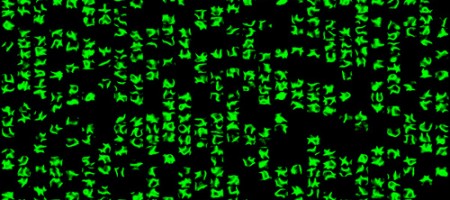One of the things that’s struck me as I’ve looked into (the so-called) digital humanities in the last year or two – most intensely in the last six months – is how very little there is about the aspect of computing that most attracted me some four decades or so ago, the computer as model and metaphor for the mind. That, after all, is what drove the cognitive revolution, not computer as data-crunching appliance, though that was important as well. In thinking about these matters we would do well to acknowledge that, even as digital humanities traces its roots to the work Roberto Busa initiated in the 1950s, that another computational enterprise originated at rather the same time, one as classically humanist.
I am talking, of course, of machine translation. And surely translation from one language to another – Attic Greek to French, Russian to English, whatever – is a core humanistic skill. While those early researchers didn’t think they were in the business of miming the human mind – at least some of them thought that machine translation would be more straightforward than it proved to be – it turns out that, to a first approximation, that’s where some of them ended up.
And so here we are, moving into the 21st Century and humanistic computing is on the at-long-last rise, and few humanists know much of anything about computing as a model for the mind, not at the nuts and bolts level. That, alas, is not difficult to understand. For one thing, there is a deep strain of techno-skepticism and outright fear in the humanities. For another, it is so much easier, more “natural” if you will, to interpret computing from the outside as just one more cultural medium. One need not know anything about how computers work in order to plumb the socio-cultural significance of computers both real (e.g. IBM’s Watson) and fictional (e.g. Kubrick’s HAL).
Read Full Post: DH: Computing the Literary Mind – Look at This!

